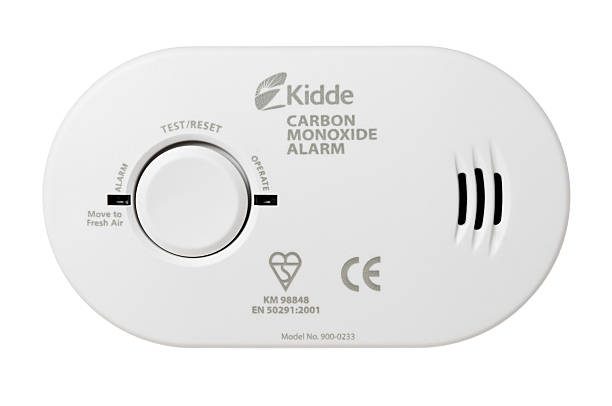There are several myths surrounding carbon monoxide (CO) detectors that can lead to confusion about their use and effectiveness. Here are some common ones:
1. **Myth: Carbon monoxide detectors last forever. **
– **Fact: ** CO detectors have a limited lifespan, typically between 5 to 10 years. After that, they may not function properly and should be replaced to ensure safety.
2. **Myth: A CO detector will detect gas leaks. **
– **Fact: ** CO detectors are designed to detect carbon monoxide, not natural gas or propane leaks. You need a separate gas detector for that purpose.
3. **Myth: If you don’t have gas appliances, you don’t need a CO detector. **
– **Fact: ** Carbon monoxide can come from various sources besides gas appliances, such as wood-burning stoves, fireplaces, or even running a car in an attached garage. It’s a good idea to have a CO detector even if you don’t use gas.
4. **Myth: CO detectors only need to be installed near gas appliances. **
– **Fact: ** While CO detectors should be installed near potential sources of CO, such as gas appliances or fireplaces, they should also be placed near sleeping areas. This is so they can wake people up if there is a CO leak while they are sleeping.
5. **Myth: You can smell carbon monoxide, so you don’t need a detector. **
– **Fact: ** Carbon monoxide is colorless, odorless, and tasteless, making it impossible to detect without a proper detector. Relying on your senses is dangerous.
6. **Myth: Carbon monoxide detectors go off for no reason. **
– **Fact: ** While a detector might occasionally false alarm due to battery issues or environmental factors, most activations indicate the presence of carbon monoxide or a malfunction. Always investigate a CO alarm seriously.
7. **Myth: Opening windows will prevent carbon monoxide poisoning. **
– **Fact: ** Opening windows can help ventilate a room but may not be enough to prevent CO buildup, especially if the source continues emitting gas. CO detectors are essential even in homes with good ventilation.
8. **Myth: A low-level CO leak won’t cause any harm. **
– **Fact: ** Even low levels of carbon monoxide can cause health problems over time, such as headaches, dizziness, and nausea. Long-term exposure can be dangerous, so it’s important to address any level of CO presence.
9. **Myth: CO detectors are only necessary during winter. **
– **Fact: ** While carbon monoxide incidents are more common in winter due to increased heating; they can happen year-round. Running vehicles, using generators, or operating certain appliances can cause CO leaks any time of the year.
Knowing the facts about carbon monoxide detectors can help you use them effectively to protect yourself and your family.







